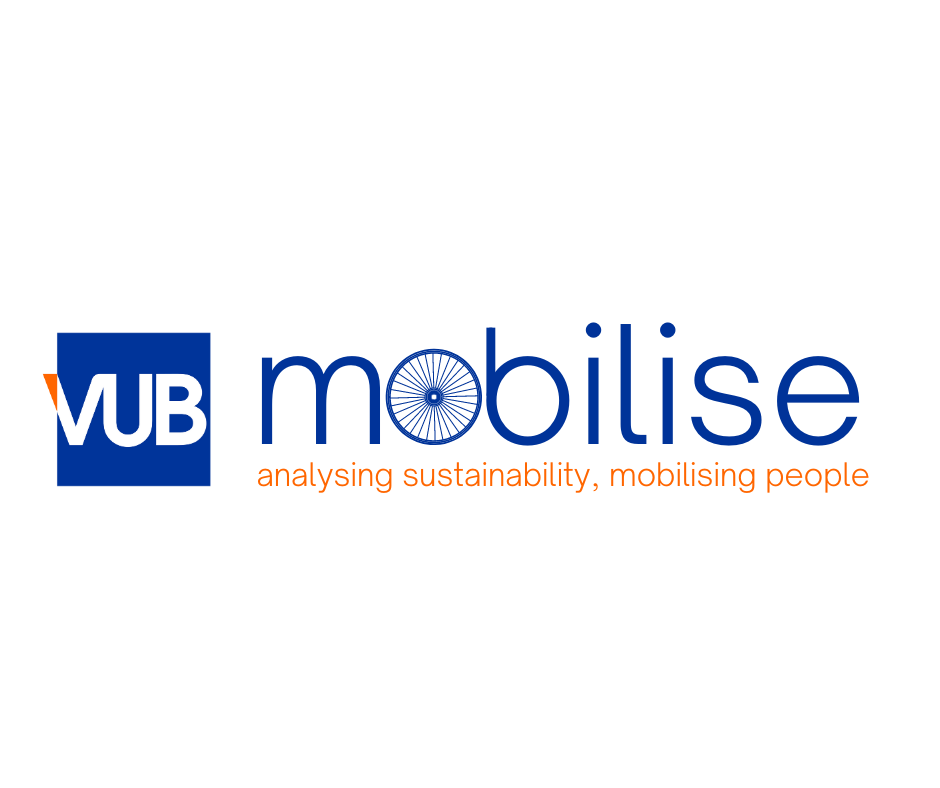
On April 25, 2025, Lluis Martinez Ramirez successfully defended his PhD at the Vrije Universiteit Brussel (VUB), presenting his dissertation titled "Turning ‘leave no one behind’ into action: the case of digital and shared mobility." His research provides a critical contribution to the fields of urban mobility and participatory planning by exploring how shared and digital mobility solutions can be made more inclusive and responsive to the diverse needs of urban inhabitants.
Academic and Professional Background
Lluis holds a Master’s degree in Urban and Regional Planning from the University of Amsterdam and a Master's degree in Architecture from the Universitat Politècnica de Catalunya in Barcelona. Prior to joining the Mobilise research group at VUB, he worked as an architect and social entrepreneur across Paris, Madrid, and Shanghai.
At VUB, his PhD research was carried out under the supervision of Prof. Dr. Cathy Macharis and Prof. Dr. Imre Keserü, within the Mobilise group’s focus on sustainable and inclusive mobility transitions.

Research Focus
- Understanding mobility barriers for disadvantaged groups: The thesis investigates how digital and shared mobility services – especially mobility hubs – can be designed and implemented to better serve disadvantaged groups.
- Exploring justice and participation in mobility systems: It examines how recognition (acknowledging different users’ needs) and procedural justice (fair involvement in decision-making) interact in shaping inclusive transport solutions.
- Testing participatory approaches across European cities: Through case studies in Brussels, Čačak, The Hague, and Vienna, the thesis assesses how participatory tools like co-creation and multi-actor multi-criteria analysis can improve inclusivity in digital and shared mobility development.
Key Findings
- Design and access matter: Inclusivity depends on the design of spaces and vehicles, the reliability of services, intuitive digital interfaces, and the availability of analogue (non-digital) access options.
- Participation is essential to justice: Meaningful inclusion of disadvantaged groups in the planning process strengthens both recognition of their needs and the fairness of the decision-making processes, creating more just outcomes.
- Participatory methods enhance inclusivity: Co-creation and participatory decision-making tools, when carefully implemented, can effectively surface diverse needs and support the development of more inclusive mobility solutions.

